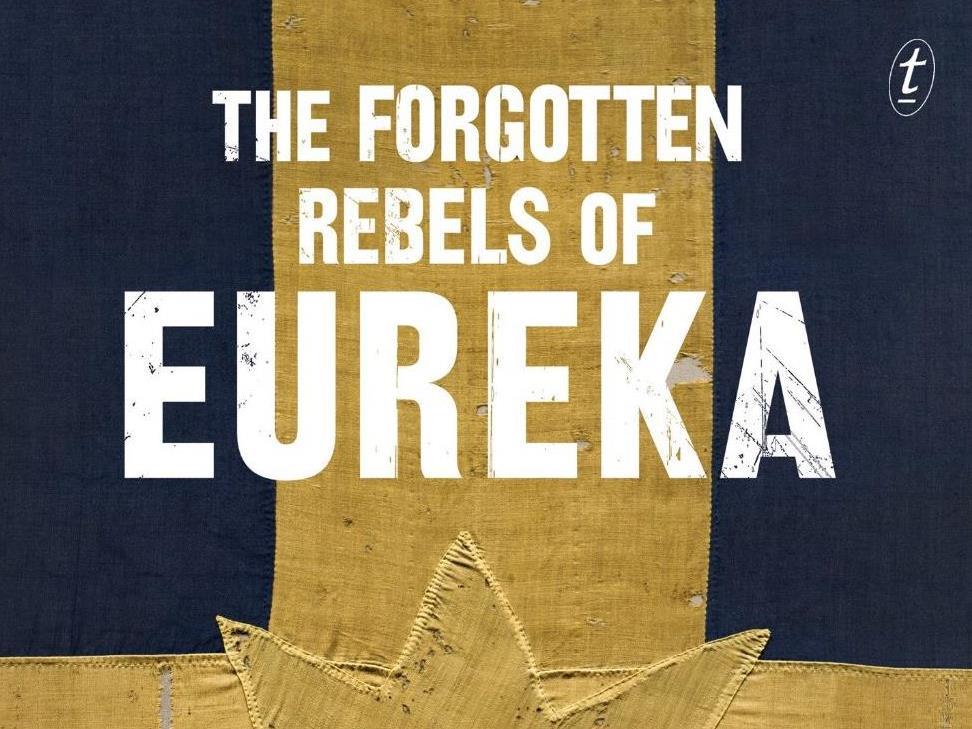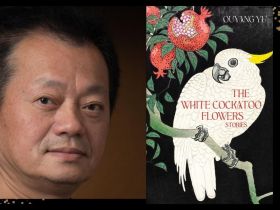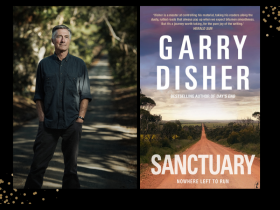Set against the backdrop of the Victorian goldfields of the 1850s, Clare Wright’s The Forgotten Rebels of Eureka is a definite must read. Through her extensive research gathered from journals, newspaper articles, court transcripts and other archival material, Wright’s storytelling has re-created Ballarat’s landscape.
Wright dispels the myth of the Australian goldfields as an exclusively masculine domain through the re-telling of the Victorian gold rush and its undeniably feminine presence – ‘the forgotten rebels’, adding another echelon to Australian history. Her book investigates the consequences of classifying the ‘forgotten rebels’ as women rather than men, whose menstrual cycles corresponded with the lunar cycle and whose breast pumps and paid childcare became part and parcel of society within the Ballarat goldfields of the 1850s.
Focussing on one of Australia’s iconic moments in time, Wright’s story begins with the introduction: a few hours after the massacre of the Eureka Stockade:
The ground is hard and dry. The dirt yields as the gravedigger thrusts his shovel in. The summer sun blazes down, making thirsty work of a job that is grim enough without the intense heat… It’s Monday morning 4 December 1854. The township of Ballarat and its goldfields have woken to a strange dawn.
Within these few sentences, Wright leads you on a journey back to the unrelenting Australian landscape, and the suffering faced by the hopeful who crossed oceans just to strike it rich. ‘You could hear Ballarat before seeing it’ went the myth, as excitement and disappointment greeted newcomers.
Through Wright’s delving into a flourishing time in history we re-discover a place of domesticity and exhilaration in ‘Canvas town’ and the surrounding township of Ballarat, where women did the washing, cooking, had babies and raised children while they waited expectantly for their men to return, maybe having struck gold.
However, we also re-discover tragedy when men mourned the loss of their wives and children who died from ‘Colonial fever’, dysentery and ‘milk poisoning’ (now known as mastitis).
But it’s Wright’s narrative and biopic re-creation of actual living characters that transforms the era: the American diva Sarah Hanmer who lured the community into the Adelphi Theatre creating a form cultural escapism and a ‘rebel’ meeting place; proprietess Catherine Bentley of the Bentley Eureka Hotel, and her subsequent trial for murder; and vociferous poet Ellie Young whose regular letters to the editor were published in the Ballarat Times.
None of these characters’ lives can be considered in isolation. Their stories are re-told through archival material written not only by women, but in the extensive writings of men such as storekeeper Samuel Huyghue, civil servant John D’Ewes and expatriate Thomas Pierson.
Wright re-tells the moments of December 3 1854 – an ominous day in Australian history and folklore – known to us as the Eureka Stockade or ‘Bloody Sunday’ using a ‘more impressionist account’ of what happened. Yet she does not devote too much time to this incident, as much has been written about this day by historians such as Gregory Blake who offers a more ‘forensic dissection of the fifteen-minute gun battle to take the stockade’ and commemorates the male rebels’ fight for justice and equality. Nevertheless, Wright’s account applauds the women.
Wright’s strong applause for the ‘forgotten rebels’ resounds through the novel. The myths of the past are challenged and ‘Eurekaphiles … discover previously unearthed factual details about key protagonists and events in the affair.’ The Forgotten Rebels of Eureka re-affirms women’s prolific role in shaping a nation, re-establishing their place in history and paves the way for more to come.
The Forgotten Rebels of Eureka has been shortlisted for the Stella Prize 2014. The prize will be announced on the evening of Tuesday 29 April.
Rating: 4 ½ out of 5 stars
The Forgotten Rebels of Eureka
by Clare Wright
Hardcover
539 pages
www.textpublishing.com.au/books-and-authors/book/the-forgotten-rebels-of-eureka/
ISBN: 9781922147370
Text Publishing





